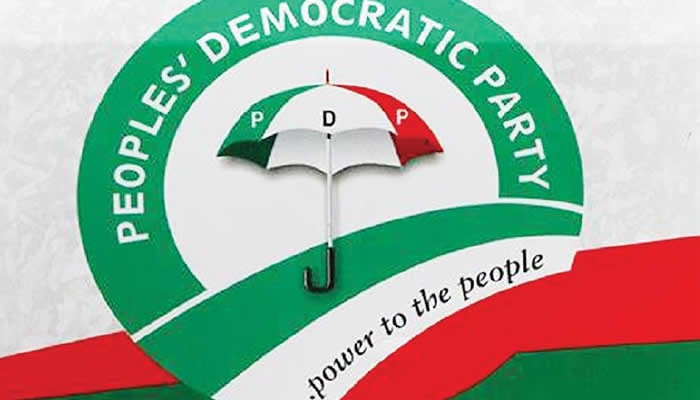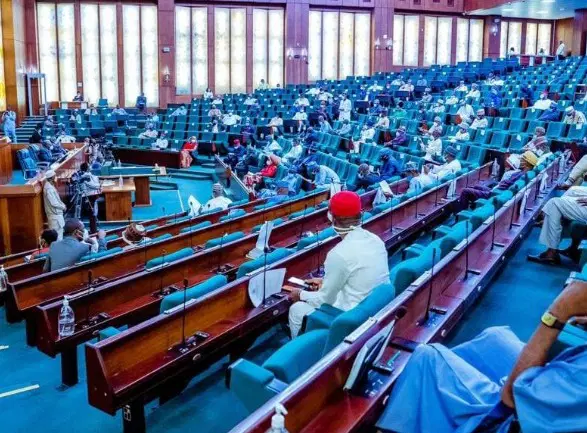
The Supreme Court on Tuesday reserved judgment in the suit filed by the Peoples Democratic Party–controlled states challenging President Bola Tinubu’s declaration of a state of emergency in Rivers State.
A seven-member panel of Justices, led by Justice Inyang Okoro, announced the reservation of judgment after parties in the suit adopted their written addresses and processes.
The plaintiffs are the Attorneys General of 10 PDP-governed states, while the Federal Government and the National Assembly are the defendants.
The suit, marked SC/CV/329/2025, was originally filed by 11 states—Adamawa, Enugu, Osun, Oyo, Bauchi, Akwa Ibom, Plateau, Delta, Taraba, Zamfara, and Bayelsa—but Delta State withdrew during Tuesday’s proceedings.
This Nigerian–Korean Couple’s Story Will Make You Believe in Love0:03 / 1:01
Lead counsel for the plaintiffs, Eyitayo Jegede (SAN), clarified that the action was not to contest the President’s general power to declare a state of emergency but to question the extent to which such a proclamation could lawfully affect the offices of a governor, deputy governor, and state assembly.
On March 18, 2025, on the back of a prolonged political crisis in Rivers State, President Bola Tinubu declared a six-month emergency rule, suspending Governor Siminalayi Fubara, the deputy governor and the members of the state House of Assembly.
Tinubu subsequently named a retired naval officer, Vice Admiral Ibok Ibas, as Sole Administrator to run Rivers State for six months.
In their suit, the PDP states asked the apex court to determine whether the President had constitutional authority to suspend elected officials and replace them with a sole administrator under the guise of a state of emergency.
They also urged the court to decide whether Tinubu’s procedure in proclaiming the Rivers emergency contravened provisions of the 1999 Constitution.
But the suit was opposed on behalf of the President by the Attorney General of the Federation and Minister of Justice, Lateef Fagbemi (SAN), who filed a preliminary objecting, urging the court to dismiss the suit which he described it as speculative and lacking merit.
The AGF argued that the President acted within his constitutional responsibility to restore order in Rivers State following the political crisis involving the governor, deputy governor, and lawmakers.
“Rivers was in an extraordinary situation that required extraordinary measures to restore peace and protect democracy,” Fagbemi told the court.
He maintained that the affected state officials were not removed but temporarily suspended as part of measures to safeguard governance, adding that the plaintiffs were “trying to be more Catholic than the Pope.”
Counsel for the National Assembly, Charles Yohila, aligned with Fagbemi’s submission and also prayed the court to dismiss the case.
After hearing all arguments, Justice Okoro announced that judgment had been reserved and that the date of delivery would be communicated to the parties in due course.
PUNCH.




